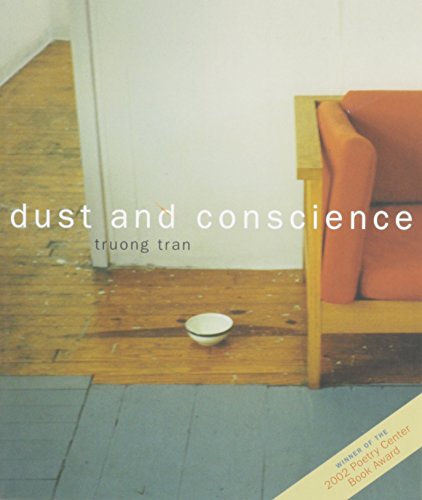On the way to my job the other day I saw
a pigeon sail out of the park on a tide
of morning light, coast weightless across the wide
street and swoop smack into the glass wall
of a bus stop shelter. There was the soft sound
of a pillow being punched, the bird slid
down against the glass, wings frozen askew mid-
flight and then suddenly was up – rebounding
into the air, gaining altitude gradually
like a small plane with a bomb in its belly,
banking over the traffic uncertainly
and returning to the shelter of the trees,
leaving in the fine dust on the glass a faint
tracery of feathers at point of impact.
This made me remember other birds hitting glass.
The hawk diving with unerring aim from high leaves
along the parkway, as if lured by the windshield’s
flash, and glancing off darkly – half thud, half flap
into the shoulder grass. The partridge storm-blown
with a neck-snapping crash into a cottage
window in Vermont, cracking the ripple-edged
19th century glass – hard to know
how, lifting its sleek, freckle-feathered, hollow-boned
body from the sodden and soil-spattered fern
border the next morning – like air breaking ice.
The chickadees drunk on the cherries that lie
fermenting in the sun each summer
outside the new library with its blue-stoned
walk, ornamental fruit trees, and three-story plate
glass wall designed to let the public glimpse
tiers of books inside but proving fatal
to the scores of tiny birds taking off tipsy
with all the conviction that accompanies
drunkenness. The shock of slamming up against
reality happens more slowly when you don’t have wings.
Next Day in Ann Arbor
Clouds shredding into oblivion off the wings,
of the plane. Out of nowhere rain beads the windows
during descent and there are murmurs of surprise
in the cabin – no one has been led to expect
rain. Up and down the aisle rise snatches
of tales of umbrellas left behind.
Weather is the commonality when traveling.
When all else fails, there is the weather.
But after the damp evening and a dispiriting
dinner with unfamiliar colleagues, the next day
in Ann Arbor dawns clear pink outside my hotel
window, rising into high blue as I leave
for my meeting and by late afternoon
I am free of the conference room.
As one pursued I dive into a secondhand
bookstore with proudly unalphabetized
poetry – dusty antidote to professional
tomfoolery. Quixote had his tales
of chivalry and I hold in front of me
the small shields of Don Blanding’s Hawaiian
paradise, Carlyle’s present and his past,
the wise words of Ogden Nash.
Later, with my bag of books I roam the green sunset
streets of Ann Arbor, senses alert as if I
am tracking or being tracked, searching or being
searched for – how much time we spend making connections
because we ought to and breaking them because we
need to, all along hoping to be relieved
of the responsibility for carrying
on as planned. After all, we know the trump of beauty
when we see it: this yard full of poppies
in the lowering sun – hundreds of fragile red
faces, translucent-edged, buoyed up by their flat, black
hearts, their wayward stems listing drunk in the light, each
one more fiery than the giant neon Firestone
sign floating over the neighborhood on its white
pillars, more burning than anything humans
have made, and – like the weather – more out of reach.
Original Sliver
On Convent Avenue, tucked between one
building and another, is a small pie-
shaped slope of grass and rock with a chestnut
tree on top that blooms surreptitiously
each spring, its ghostly green-white scepters lost
in a gloom of steel and brick. In autumn
it looses a cascade of horny husks
that tumble down the hill to line the walk
until the rain and frost unfasten them
to show their crease of glowing nut. I pause
whenever I am walking by to see
the way it tapers toward the sky, this cut
of land too thin or steep for use by men – why
else would they have left it here, this origin?

